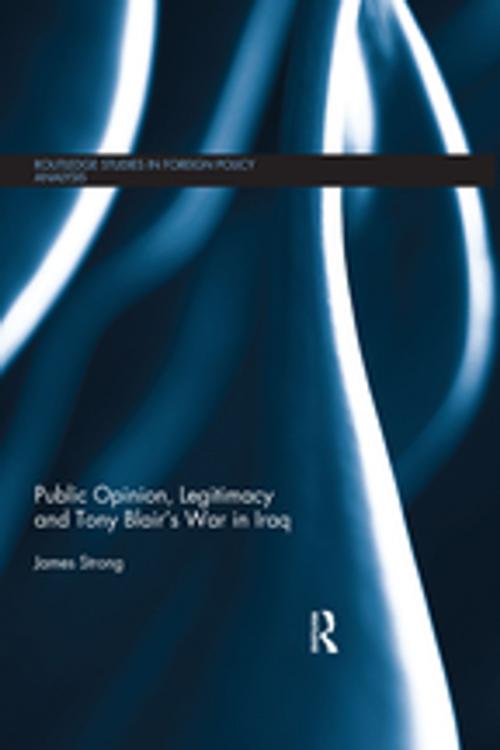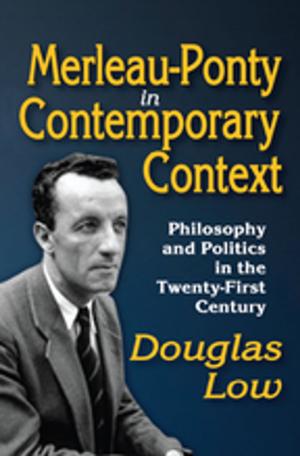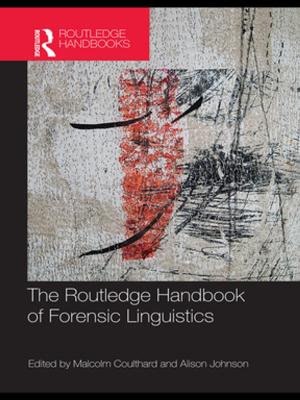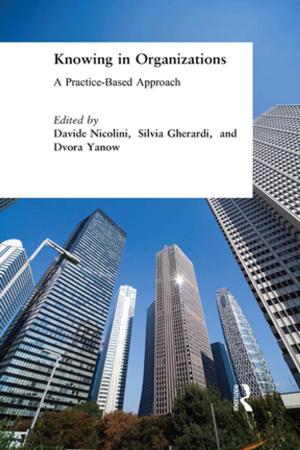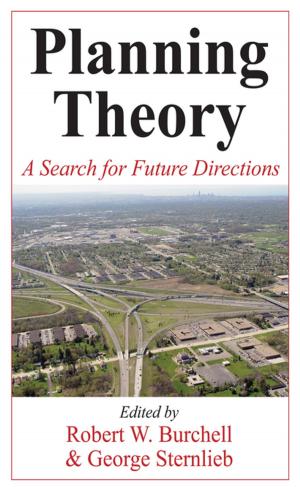Public Opinion, Legitimacy and Tony Blair’s War in Iraq
Nonfiction, Social & Cultural Studies, Political Science, International, International Security, International Relations| Author: | James Strong | ISBN: | 9781315513997 |
| Publisher: | Taylor and Francis | Publication: | February 17, 2017 |
| Imprint: | Routledge | Language: | English |
| Author: | James Strong |
| ISBN: | 9781315513997 |
| Publisher: | Taylor and Francis |
| Publication: | February 17, 2017 |
| Imprint: | Routledge |
| Language: | English |
In the wake of the publication of the Chilcot report, this book reinterprets the relationship between British public opinion and the Blair government’s decision-making in the run-up to the 2003 invasion of Iraq. It highlights how the government won the parliamentary vote and got its war, but never won the argument that it was the right thing to do. Understanding how, why and with what consequences Britain wound up in this position means understanding better both this specific case and the wider issue of how democratic publics influence foreign policy processes.
Taking an innovative constructivist approach to understanding how public actors potentially influence foreign policy, Strong frames the debate about Iraq as a contest over legitimacy among active public actors, breaking it down into four constituent elements covering the necessity, legality and morality of war, and the government’s authority. The book presents a detailed empirical account of the British public debate before the invasion of Iraq based on the rigorous interrogation of thousands of primary sources, employing both quantitative and qualitative content analysis methods to interpret the shape of debate between January 2002 and March 2003.
Also contributing to the wider foreign policy analysis literature, the book investigates the domestic politics of foreign policy decision-making, and particularly the influence public opinion exerts; considers the domestic structural determinants of foreign policy decision-making; and studies the ethics of foreign policy decision-making, and the legitimate use of force. It will be of great use to students and scholars of foreign policy analysis, as well as those interested in legitimacy in international conflict, British foreign policy, the Iraq War and the role of public opinion in conflict situations.
In the wake of the publication of the Chilcot report, this book reinterprets the relationship between British public opinion and the Blair government’s decision-making in the run-up to the 2003 invasion of Iraq. It highlights how the government won the parliamentary vote and got its war, but never won the argument that it was the right thing to do. Understanding how, why and with what consequences Britain wound up in this position means understanding better both this specific case and the wider issue of how democratic publics influence foreign policy processes.
Taking an innovative constructivist approach to understanding how public actors potentially influence foreign policy, Strong frames the debate about Iraq as a contest over legitimacy among active public actors, breaking it down into four constituent elements covering the necessity, legality and morality of war, and the government’s authority. The book presents a detailed empirical account of the British public debate before the invasion of Iraq based on the rigorous interrogation of thousands of primary sources, employing both quantitative and qualitative content analysis methods to interpret the shape of debate between January 2002 and March 2003.
Also contributing to the wider foreign policy analysis literature, the book investigates the domestic politics of foreign policy decision-making, and particularly the influence public opinion exerts; considers the domestic structural determinants of foreign policy decision-making; and studies the ethics of foreign policy decision-making, and the legitimate use of force. It will be of great use to students and scholars of foreign policy analysis, as well as those interested in legitimacy in international conflict, British foreign policy, the Iraq War and the role of public opinion in conflict situations.
